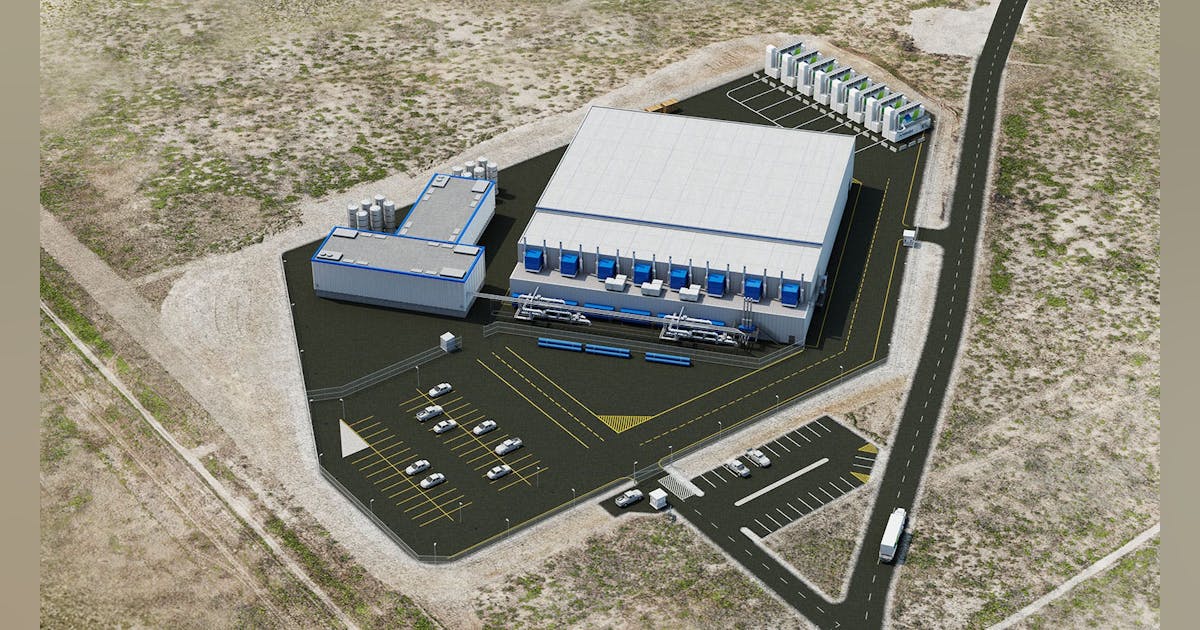
In a statement sent to Rigzone on Monday, KPMG noted that, according to its 2025 Global Energy, Natural Resources, and Chemicals CEO Outlook, “CEOs in the energy, natural resources, and chemicals (ENRC) sector are optimistic about growth”.
“Despite inflation and regulatory headwinds, confidence among CEOs is rising, with 84 percent optimistic about mid-term industry growth – up from 72 percent in 2024,” the statement said.
“This outlook is driven by strong demand for both fossil fuels and renewables, alongside innovation in energy storage, smart grids, and carbon capture,” it added.
“While 78 percent remain positive about their own company’s growth, a slight dip from last year reflects concerns over shifting regulations, trade volatility, and inflationary pressures – particularly in the chemicals sector,” it continued.
The statement went on to note that M&A strategies “are also evolving with just a few CEOs (36 percent) expecting to pursue ‘high impact’ deals in 2025, down from 58 percent in 2024, while 55 percent anticipate ‘moderate’ deal activity, a rise from 38 percent last year, suggesting a shift toward more cautious growth strategies”.
The KPMG statement highlighted that artificial intelligence has “rapidly evolved into a core strategy in the energy sector”. It pointed out that 65 percent of CEOs now rank generative AI as a top investment, which it noted is up 12 points from 2024, and that 72 percent are planning to allocate 10-20 percent of their budgets to AI over the next year.
“ROI expectations are climbing, with 66 percent anticipating returns within one to three years, up significantly in comparison to just 15 percent last year,” KPMG said in the statement.
Momentum is also building around agentic AI, according to the statement, which highlighted that 51 percent of CEOs expect it to transform operations and workforce efficiency.
“Yet despite growing confidence, challenges persist,” the KPMG statement warned.
“Ethical concerns (55 percent), fragmented data systems (49 percent), and regulatory complexity (47 percent) continue to hinder adoption, while rising cyber threats – fraud (64 percent), identity theft and data privacy (59 percent), and cyber-attacks (51 percent) – are identified as key concerns among CEOs,” it added.
The KPMG statement went on to note that, “as AI reshapes the energy sector, companies are grappling with a deepening talent crunch”.
“CEOs are responding with urgency, ramping up their talent strategies that include reskilling and upskilling roles impacted by AI (40 percent) and tailoring training to bridge generational gaps (31 percent),” it added.
“Yet only 18 percent offer AI education across their entire organization. To overcome this barrier, nearly three-quarters (72 percent) of leaders are focused on retaining and retraining high-potential talent,” it continued.
“Still, the path forward is challenging. Overcoming the skills gap remains the biggest hurdle for 43 percent of CEOs, followed by competition from tech firms offering high salaries (22 percent),” the KPMG statement said.
In a statement sent to Rigzone by the KPMG team in October last year, KPMG noted that its 2024 ENRC CEO Outlook “revealed that 78 percent of CEOs are confident in the economy’s growth over the next three years – similar findings from last year’s [2023] survey”.
“Yet, 55 percent of CEOs believe geopolitical tensions pose the greatest risk to this, followed by economic uncertainty, and the race to embrace AI and other technologies (both at 43 percent),” it added.
That statement said generative AI “remains firmly on the CEO agenda, with 58 percent stating it will be the top investment priority for their organizations over the next three years”.
“But leaders are taking a cautious and structured approach to avoid risks, while planning significant investment in AI-driven transformation as 65 percent are anticipating that it will take three to five years to see return on their investment in the implementation of Gen AI (compared to 48 percent in 2023),” it added.
“As for the workforce, 79 percent of CEOs believe that these emerging technologies will not significantly impact the number of jobs but will instead require upskilling and redeployment of existing resources within their organization,” it continued.
Anish De, Global Head of Energy, Natural Resources, and Chemicals, KPMG International, said in that statement, “the prevailing mood in the boardroom may be positive for ENRC CEOs, but there is no shortage of issues to test their mettle”.
“In terms of AI, while there is hardly an area of business where AI can’t bring value, the risks of falling behind and/or making a fatal error in privacy, ethics, or integrity have to be managed,” De added.
“CEOs should feel confident … as long as they have the fundamental guardrails in place. Integrating AI really comes down to change management, and that’s something CEOs have to personally focus on,” De continued.
KPMG highlighted to Rigzone that 110 CEOs of energy companies in 11 different markets with revenues of at least $100 million took part in the 2025 global ENRC survey. The ENRC CEO Outlook is part of KPMG’s general CEO outlook, which was conducted with 1,350 CEOs between August 5 and September 10, the latest KPMG statement outlined.
KPMG describes itself on its site as a global organization of independent services firms providing audit, tax and advisory services.
To contact the author, email [email protected]























